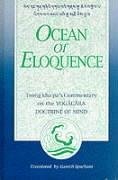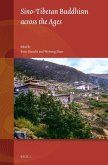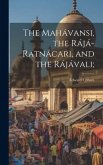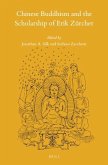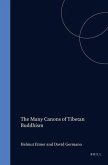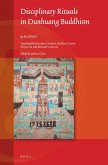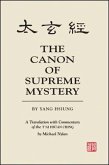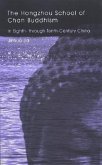This book is of particular interest because it shows the presence of the Yogacara (Mind Only) school in Tibet. It is well known that the Madhyamaka school flourished in Tibet, but less well known that Yogacara doctrines were also studied and practiced. The former school stresses the inexpressible ultimate; the latter, the natural luminosity of mind. This is probably the best introduction to the distinctive eight consciousness systems of Yogacara. It also makes understandable the different meanings of the profound alaya-vijnana (the storehouse consciousness, or basis of all) that is the pivotal eighth consciousness in their system. For those interested in meditation, the author's introduction explains how earlier Tibetan meditation (the method of allowing mind to look into its own pure nature) uses the eight-consciousness system. The book is remarkable in that it addresses the problem of how a person trapped within the confines of a limited and deluded personality can transcend that state and attain liberation. By his inquiry into the process of transformation, Tsong kha pa makes profound comments which will interest those who ask whether enlightenment is a gradual process or a sudden breakthrough. Tsong kha pa (1357-1419) wrote extensively on nearly every aspect of Buddhist religious philosophy and practice. The text edited and translated here is the Yiddang kun gzhi dka'ba'iignas rgyacher'grel pa legs par bshad pa'i rgya mtsho, often referred to as the Commentary on the Difficult Points.
Hinweis: Dieser Artikel kann nur an eine deutsche Lieferadresse ausgeliefert werden.
Hinweis: Dieser Artikel kann nur an eine deutsche Lieferadresse ausgeliefert werden.

